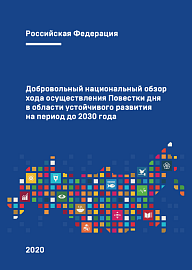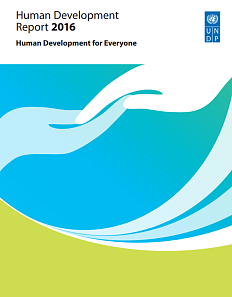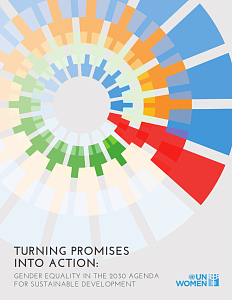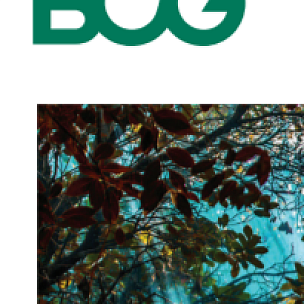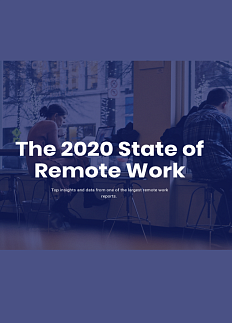The voluntary national review contains results of the comprehensive monitoring of the socio-economic progress and the strategic planning system development since 2015, as well as key measures to overcome the coronavirus consequences. For each of the seventeen goals, key trends, main state policy measures and directions of international cooperation are collected. Particular attention is paid to a Russian business contribution to sustainable development — more than 40 cases of Russian companies are presented.
The speech of M.G. Reshetnikov, Minister of Economic Development of the Russian Federation, with presentation of the Voluntary National Review of Achieving the UN Sustainable Development Goals dated July 14, 2020 is available at: https://www.youtube.com/watch?v=qVCSksKVkOo&feature=youtu.be.
Roscongress Foundation analysts highlighted the main theses of this research, accompanying each of them with suitable fragments of video broadcasts of panel discussions held as part of business programs of the key events hosted by the Foundation.
The plan of priority measures to ensure the sustainable economy development in context of the worsening COVID-19 situation includes measures aimed at reducing negative economic, financial and social consequences.
In Russia, necessary restrictions and support measures are aimed at preventing the spread of infection, to provide assistance to those who need observation and treatment, as well as to reduce negative economic, financial and social consequences for both the population and business representatives, including small and medium-sized enterprises.
So, in order to ensure the sanitary and epidemiological well-being of the population, the President of the Russian Federation declared the days from March 30 to April 3, 2020 as non-working, with pay. Later, the non-working days were extended until April 30, 2020 inclusive. The measures taken did not apply to employees of:
· medical, pharmacy and continuously operating organizations;
· organizations providing the population with food and essential goods;
· organizations performing urgent repair and loading/unloading works, as well as urgent works to ensure appropriate living conditions for the population.
During the review preparation, it was revealed that most of the goals and objectives of sustainable development, to one degree or another, have already been laid down in the main strategic and program documents adopted in Russia. The participation of civil society, business, nongovernmental organizations, volunteers and academia is essential to achieving the SDGs.
For each SDG, Russia has shown positive results in recent years. Among the most successful are SDG 1: No poverty, SDG 4: Quality education and SDG 8: Decent work and economic growth.
In terms of the main parameters of SDG 1: No poverty, Russia has achieved the goal of eradicating extreme poverty. The effective state policy in fight against poverty envisages reducing the national poverty level by at least two times by 2024 (in 2018, the share of the poor people with earnings below the subsistence level was 12.6% of the total population).
The SDG 4: Quality Education solution, including ensuring the accessibility and comprehensive development of education, is laid down in specialized national projects.
Long-term economic growth, as outlined in SDG 8: Decent Work and Economic Growth, can only be based on sustainable and balanced approach. During the reporting period, the country experienced an acceleration in the growth rate of GDP (from 0.2% in 2016 to 2.3% in 2018) and household earnings (the growth in real average monthly wages was 0.8% in 2016 and 2, 9% in 2019).
Representatives of the Russian business community are actively involved in various initiatives related to the SDGs, and the implementation of such projects makes a significant contribution to the achievement of sustainable development goals.
Implementation of projects contributing to sustainable development in all aspects — economic, social, environmental, — carried out by commercial organizations both independently and within the framework of membership in unions and associations of the business community.
A number of large internationalized Russian companies are already successfully incorporating the SDGs into their strategies. Understanding the importance of sustainable development in Russian businesses was highlighted by a 2019 PwC study, according to which 66% of the surveyed members of the Board of Directors of Russian companies believe that the company’s overall strategy should be aligned with the SDGs.
See other materials, placed in special sections of the Information and Analytical System, Sustainable Development Rosсongress StayHomeEconomy, economic progress and the level and quality of life, dedicated to possible ways to stabilize the economy in a pandemic, as well as measures designed to promote economic progress.


